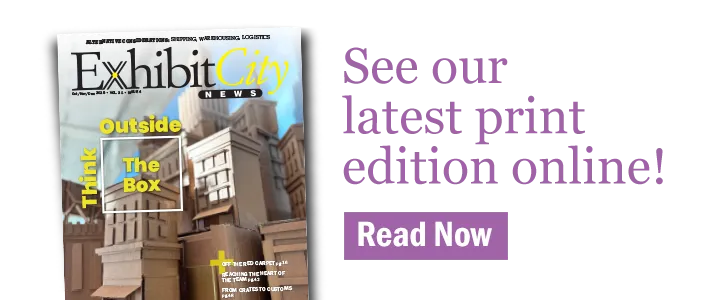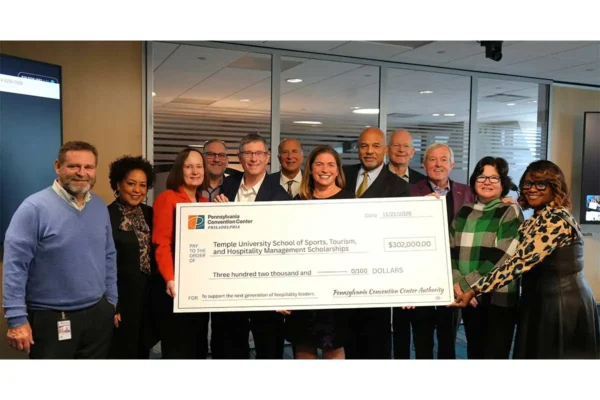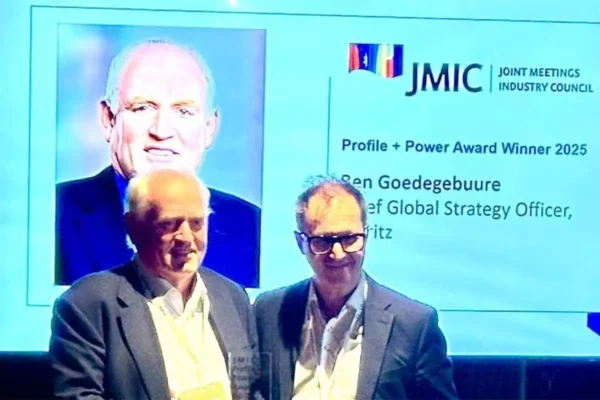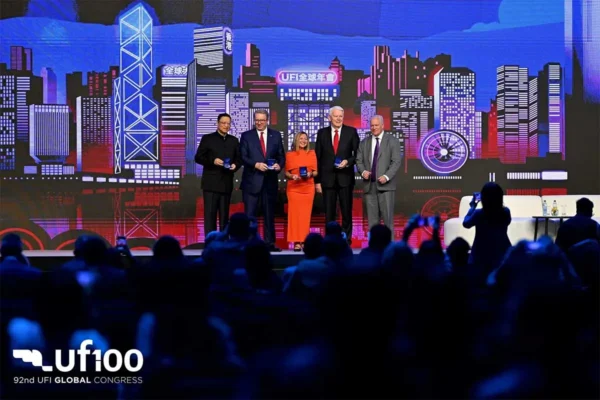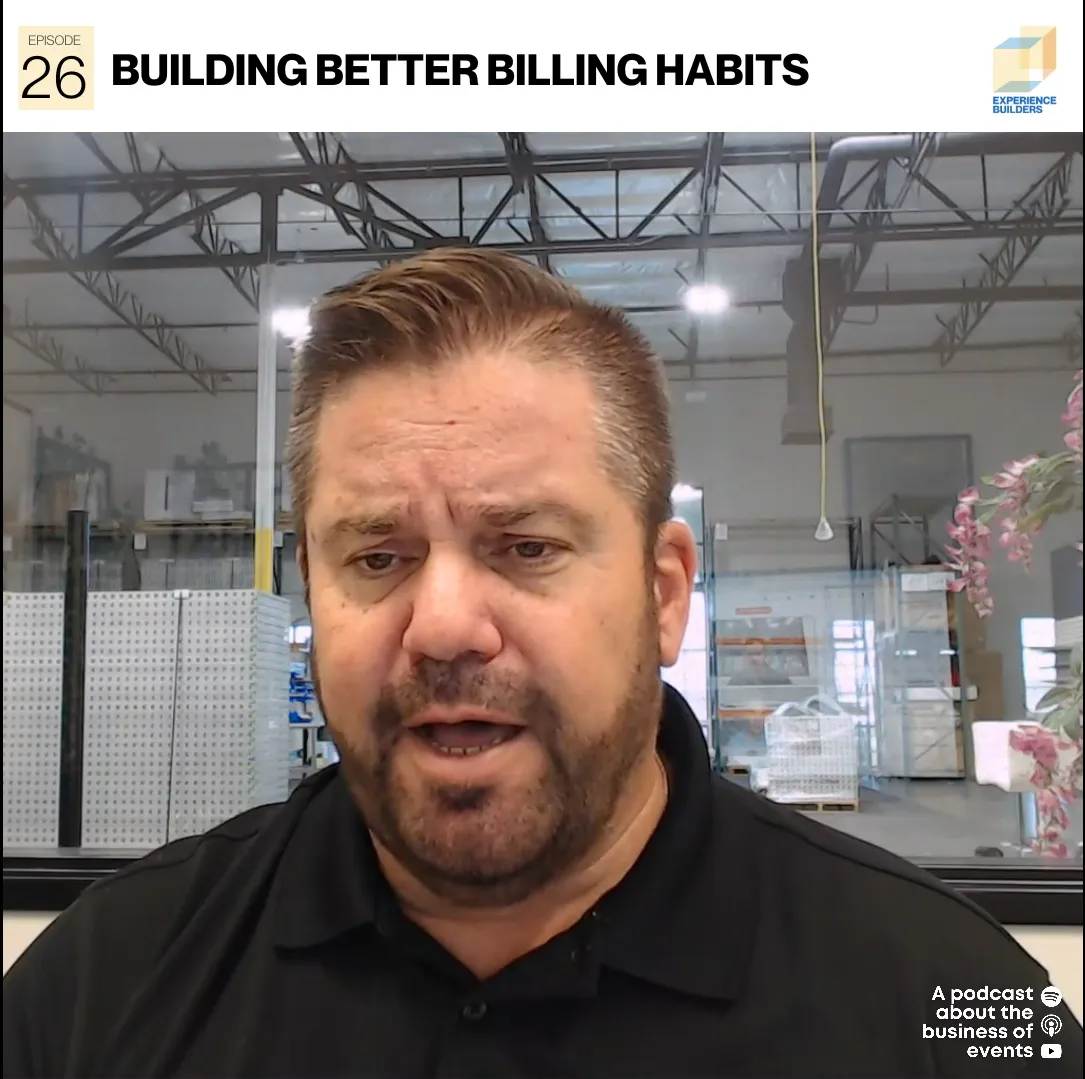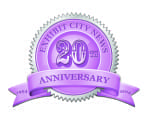 No hosted buyer program is the same across the board as most decision-makers in the meetings and events industry have experienced, yet the roots of these programs can be traced back to one source — IMEX Group Chairman Ray Bloom.
No hosted buyer program is the same across the board as most decision-makers in the meetings and events industry have experienced, yet the roots of these programs can be traced back to one source — IMEX Group Chairman Ray Bloom.
Bloom originated the hosted buyer program concept in 1988. To target the incentive travel market, he reserved space at PalExpo, a convention center in Geneva, Switzerland. As this was Bloom’s first non-UK tradeshow, he worried that European buyers didn’t have enough incentive to travel across borders.
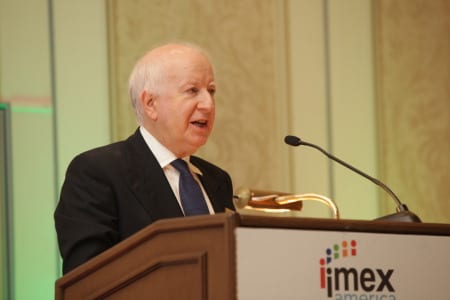
“Several trade publications in Europe had agreed to support us, so we visited each one in turn. We asked if the publications would bring their top buyers (from their readership) to the show with the agreement that we would cover all their accommodation and travel costs,” explained Bloom. “Every publication we approached agreed to our proposal, and suddenly, we had a whole new momentum – and a brand new way to make a tradeshow work.”
Prior to launching his concept, Bloom said he had never before seen any other hosted buyer program in the business-to-business sector. From then on, this business model caught on fast in the meetings and events industry, with special versions of the buyer program seen in the marine and shipping industry, according to Bloom.
“Once people saw that hosted programs really worked, interest in them rapidly grew. Once you can guarantee that the very best buyers are going to be at your show, then you have a compelling proposition for exhibitors,” said Bloom. “However, no two hosted buyer programs are the same. To do them really well takes large amounts of resources and huge amounts of detailed work.”
Something that took a massive amount of investment, planning and understanding for IMEX Group was, for example, offering travel refunds online. This began once the show organizer of IMEX in Frankfurt and IMEX America took advantage of emerging technology.
“[Hosted buyer] programs used to be very fax, snail mail and phone heavy. Online technology has allowed us to give hosted buyers a lot more control and choice,” said Bloom. “Online refunds have been a great convenience and efficiency for hosted buyers. Also, show apps help them navigate the event more smoothly once they arrive. The proliferation of tablets and smartphones has also enhanced the at-show experience. IMEX Live allows those who can’t attend the show to experience a taste of what they’re missing.”
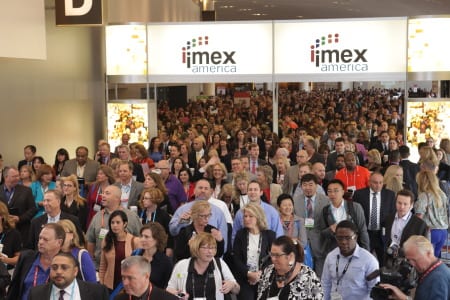
IMEX Group also introduced online appointment scheduling, which allows hosted buyers to streamline and confirm their exhibitor meetings prior to the show and personalize their onsite meetings.
“As a result, over 50,000 pre-scheduled appointments were booked between buyers and exhibitors at IMEX America 2013, and we expect that number to keep growing every year as the show expands,” added Bloom.
No longer did Bloom have to worry about whether decision-makers would cross the border or fly to a show.
“As markets grew globally, we were approached to host many groups from around the world at IMEX in Frankfurt and IMEX America. Typically, these requests come from hotel groups and others with an international footprint asking questions, such as ‘Can we bring a group from China?’” explained Bloom. “Burgeoning markets, such as BRICS (Brazil, Russia, India, China and South Africa) could dominate the entire IMEX hosted buyer program, but we aim to strike a balance between mature markets and those that are rapidly expanding.”
With the expansion of IMEX Group’s hosted buyer program came the growth of its network of intermediaries, which includes hotel chains, representation and destination marketing companies, airlines, trade publications, trade associations and more.
“What started with a handful of trade media intermediaries in Europe has grown to include a global list of over 400 intermediaries for IMEX in Frankfurt and 300 intermediaries for IMEX America,” said Bloom. “Not only does this three-way relationship create a unique experience for the hosted buyer, but the intermediaries are also able to expand their networks, develop new or strengthened business relationships, bring new value to their top clients and prospects, and explore new business opportunities and partnerships.”
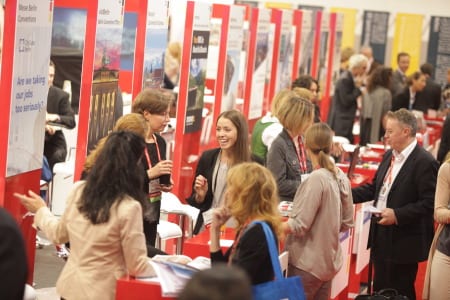
At IMEX America 2013, more than 2,600 hosted buyers represented over 40 countries, with the U.S. and Canada being the bulk of them, followed by the UK, China, Brazil, Germany, Mexico, India, Australia and others. They reaped a variety of benefits while at the show, such as free education, access to co-located events, networking, meetings and more.
“Free airfare to and from and accommodations at the show remain strong a benefit, and with so many hosted buyers testifying they can achieve almost a year’s worth of business appointments in just three days at IMEX America, the overall return on time invested has definitely increased over the years,” added Bloom.
Last May, hosted buyers at IMEX 2014 in Frankfurt were introduced to a new concierge service, which was designed to give hosted buyers, especially those attending for the first time, the chance to ask questions about the show and how to get the most out of it.
Twenty-six years after Bloom originated the hosted buyer concept, IMEX Group still seeks high-quality buyers who are direct decision-makers in meetings and events. To qualify, these buyers must conduct business outside their home country with two global events within 12 months. The only exception to this rule is for IMEX America. Because the U.S. has a large market, hosted buyers can conduct business outside their home state rather than internationally.
For more information about IMEX Group and its portfolio of shows, visit http://www.imexexhibitions.com/.
See related article: The EIBTM hosted buyer formula



